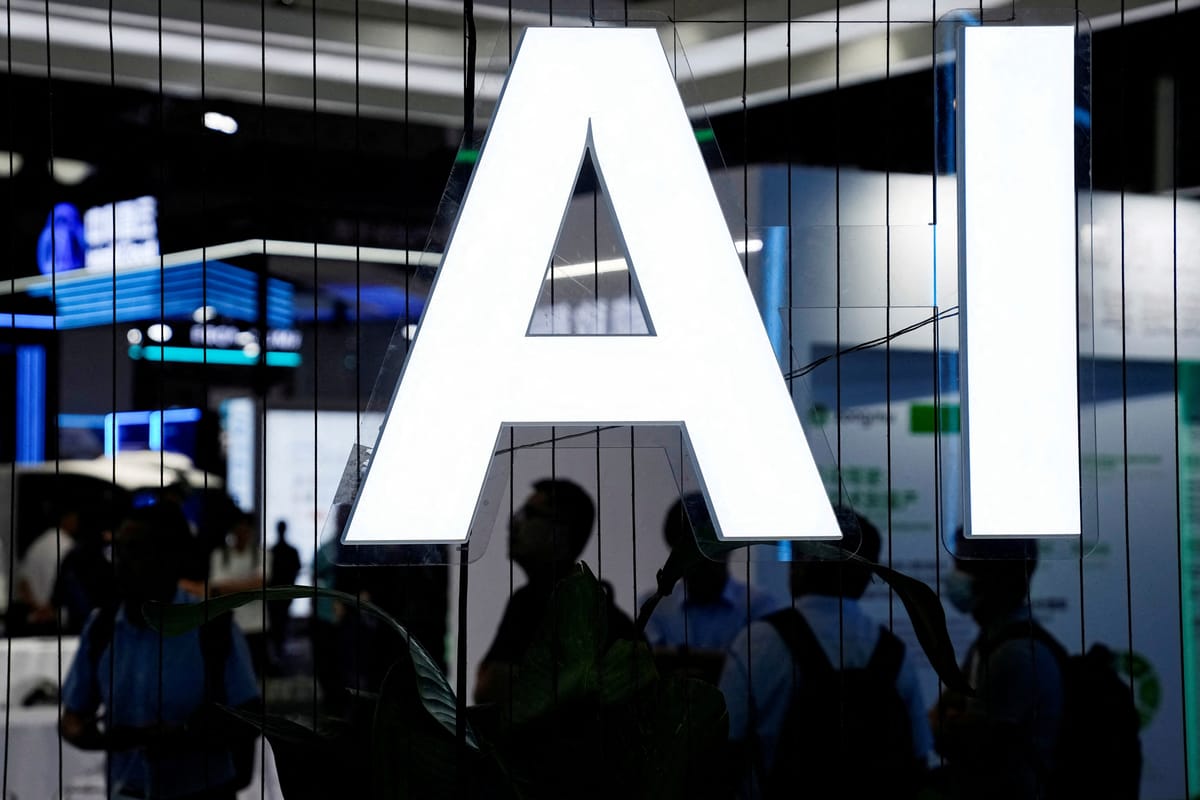China’s AI chatbot could revolutionize the health care industry
Artificial intelligence (AI) has been propelling the tech industry lately.

A few minutes every morning is all you need.
Stay up to date on the world's Headlines and Human Stories. It's fun, it's factual, it's fluff-free.
The backstory: Artificial intelligence (AI) has been propelling the tech industry lately, especially thanks to OpenAI's beloved chatbot ChatGPT. Released in 2022, it had over 100 million users in just two months. Businesses were quick to incorporate AI into their work for tasks, and it’s also been applied in the medical field.
More recently: Last year Hong Kong University (HKU) medical school and computer science department created an AI chatbot that’s used as a “virtual patient.” It gives medical students the opportunity to improve their skills and ability to gather a patient’s medical history by allowing teachers to design virtual patients with real-life surgical cases. Students can chat with patients of different ages, personalities and educational levels. While this isn’t a replacement for medical students, especially when learning proper “bedside manner,” it’s a useful tool
The development: China is now testing an AI chatbot for neurosurgeons to use at several hospitals in Beijing. The bot, called CARES Copilot 1.0, will answer questions with citations based on more than a million academic records. It should be able to process diagnostic data, too, and researchers hope AI will eventually play a more active role in the field, like warning doctors from pursuing risky procedures.
A Hong Kong-based agency under the Chinese Academy of Sciences introduced the AI model on Monday, It’s based on Meta’s Llama 2.0, and private Chinese firms are developing their own AI systems based on OpenAI’s ChatGPT. The Hong Kong-based Center for Artificial Intelligence and Robotics used around 100 graphics processor units to train the health care AI chatbot, using high-end chips from US company Nvidia and chips from China's Huawei, researchers told reporters Monday.
Key comments:
“There are obstacles including restricted computing power due to the banned access to Nvidia’s advanced chips,” said Feng Ming, chief physician at the Peking Union Medical College Hospital’s neurosurgery department, which took part in the model’s development. “However, we can develop a vertical model with our own characteristics with more high-quality data from top hospitals in the mainland, which is not available for OpenAI and many domestic private companies.”
The researchers trained and fine-tuned the model with papers, medical journals and manuals to act as a surgery consultant of sorts for doctors, said Liu Hongbin, the Chinese Academy of Sciences Executive Director.




Comments ()